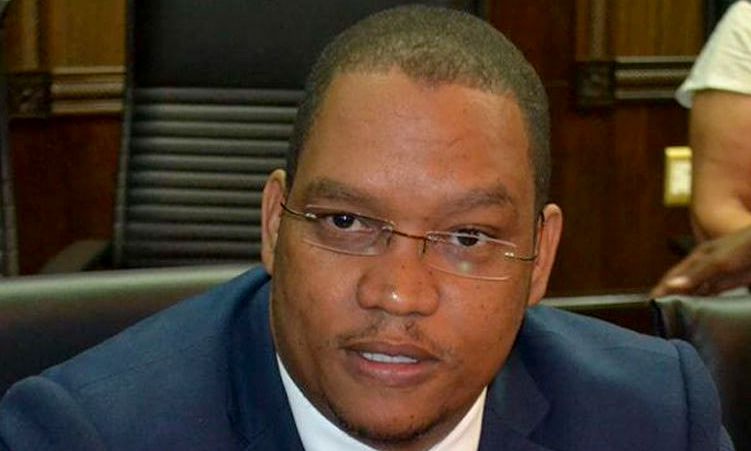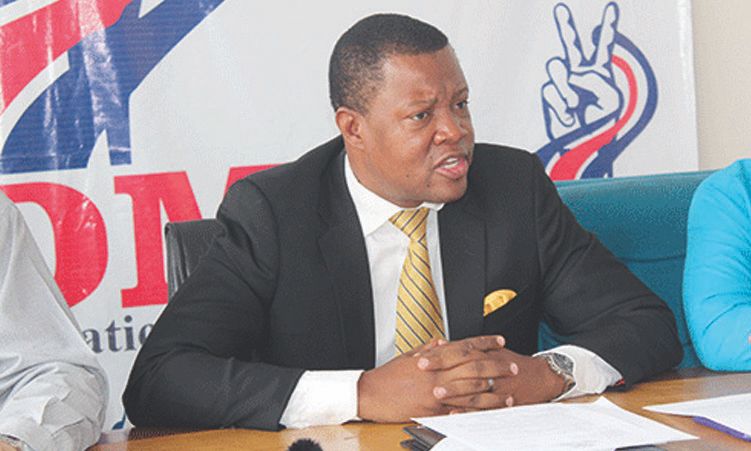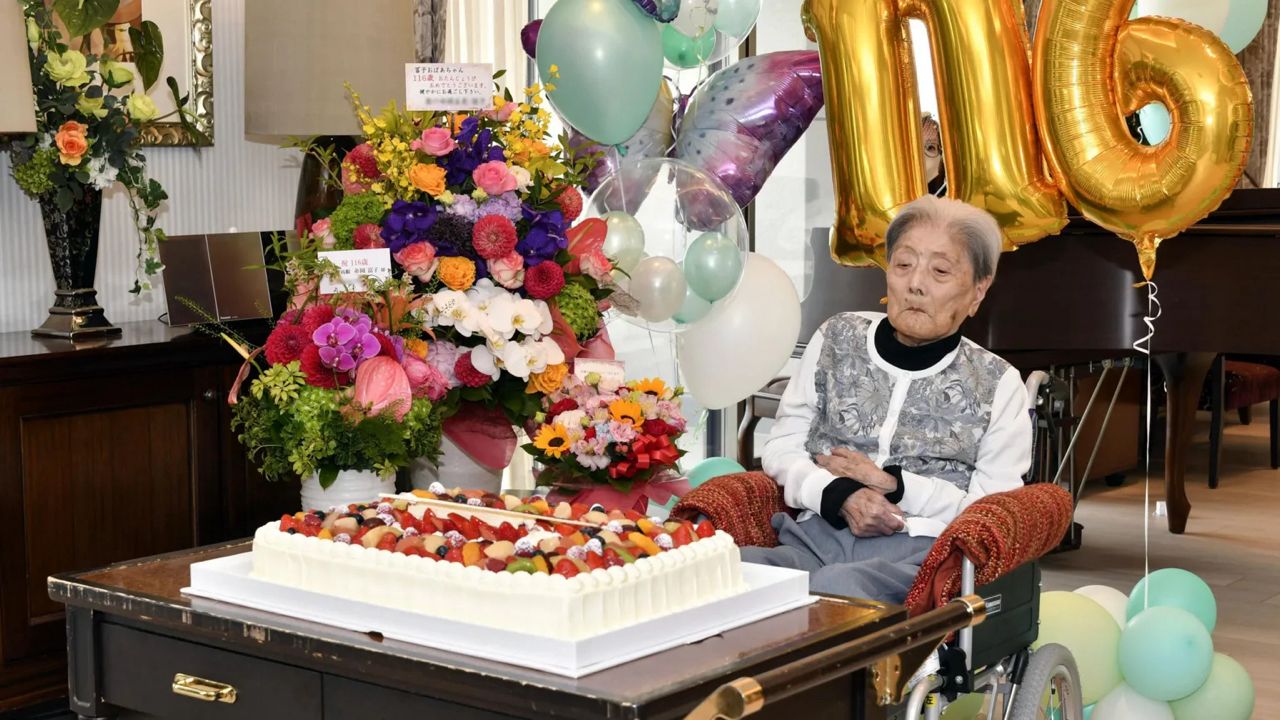While writing this as advice to pensioners, it is also meant as guidance for those still working, as well as today’s youth.
There’s a general perception in Namibia that retirement is a time when you start enjoying the money you worked for and saved; that there’s ample time to relax and a lot of free time do the things you always wanted to do.
The reality is different.
For many retirees, it can be a time of loneliness and boredom, sometimes accompanied by illness. Others may feel abandoned because they are unable to contribute to family and society.
This article is an attempt to address some of these issues.
FINANCES
At present, 6% of Namibia’s population is older than 60 years but this number is projected to increase because of demographic changes such as age structures, improved healthcare, changing lifestyles, social support and other factors.
This number also corresponds to current life expectancy.
Remember, after retirement, you don’t receive the income you used to. Medical aid contributions are high, while food and fuel prices, among others, continually increase.
For many, the monthly pension cannot sustain living costs.
This is a good reason for today’s young people to take their future retirement plans seriously.
A lack of a steady income can affect a pensioner’s life on many levels: It can determine your health, social life and yes, your self-confidence.
Not all old people receive a steady or sufficient income or enjoy family support.
I advise pensioners to find a way of continuing their careers (if they had one) in the form of a private business or consultancy.
HEALTH
Factors that affect our lifespan include our physical and emotional health, financial status, social support and our natural environment.
Pensioners have to adapt to a continually changing and challenging environment.
However, they are also exposed to helpful information and can find many tips on the types of physical exercises, diets, outdoor activities and hobbies to keep their brains active as well as to connect to other social groups.
Mental and physical health deteriorates with age and the body becomes more susceptible to illnesses associated with ageing such as dementia, Alzheimer’s, Parkinson’s, etc.
Although some health problems can’t be avoided, we can decrease risk factors through a healthy lifestyle and a positive mindset.
It is therefore critical for pensioners to get regular check-ups and to look after their health. Also take a daily walk and get enough sleep.
Omit sugar and fatty and processed food. I know this is easier said than done, especially if you live in a town or city.
In the village, people can at least cultivate their own food and in some cases rely on family support, businesses or savings.
‘BRAIN DRAIN’
Despite a fair percentage of people above 60 still being healthy, physically active and having considerable experience and expertise in different fields, they are obliged to retire after long years of service.
This means their experience can be lost where there is an absence of sufficient knowledge transfer.
This to me is a form of ‘brain drain’ we don’t tend to consider.
We generally see it in the sense of professionals who head off to Western countries in search of greener pastures.
We tend to ignore or disregard the wealth of knowledge and expertise of our former teachers, nurses, engineers, fishermen, scientists, etc.
They are a treasure trove of knowledge and experience which should be taken advantage of for the good of all Namibians.
Just as there are support programmes for the youth, women and other social groups, there is a need to establish support programmes for pensioners who are active and still want to contribute to society.
SOCIAL SUPPORT
Family support should not only be financial. Family members must see how they can engage and include their grandparents in social activities.
Having a job for years becomes a routine, fellow workers become social friends and people with whom you share your stories and problems.
At retirement, you lose your daily routine and some of these social interactions.
According to my research, most retirees can cope for the first three to six months. After that, it tends to affect their emotional health.
Boredom and isolation set in – mainly due to the reduced interaction with family members and other people.
A lack of social interaction can cause anxiety, depression and other mental conditions, and even lead to an earlier death.
Engage your pensioners in activities they can handle and make them feel valued.
My last appeal is for society to appreciate our old people.
They carried you up to here so make their final chapter as fulfilling as possible.
Asser Mukapuli is a social commentator, freelance tour guide, and German language teacher at Lüderitz. These are his personal views.
Stay informed with The Namibian – your source for credible journalism. Get in-depth reporting and opinions for
only N$85 a month. Invest in journalism, invest in democracy –
Subscribe Now!








